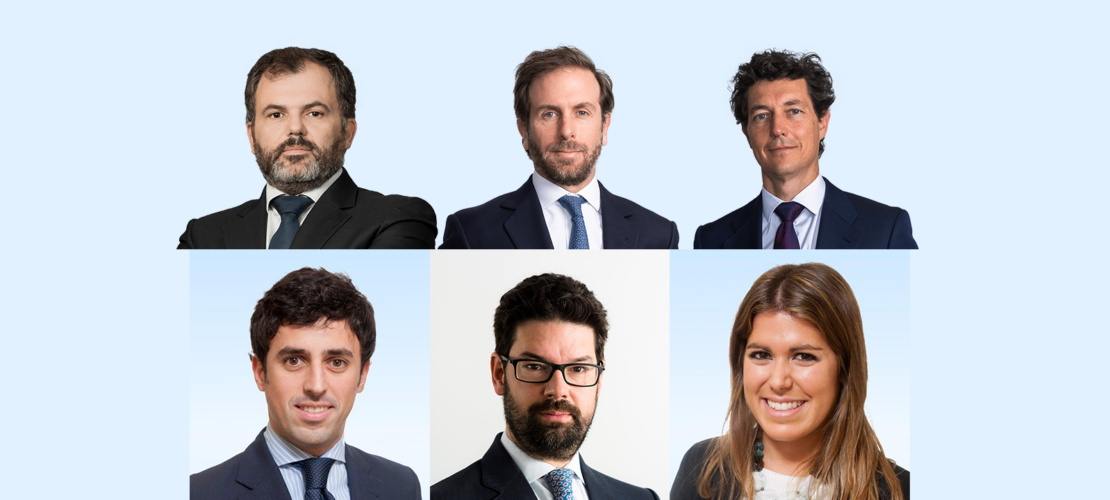Metaverse: regulate the virtual universe
The metaverse has become the new buzzword. Numerous articles, news items and seminars tell us about this new virtual phenomenon, its opportunities and threats.
Defined as “the natural evolution of the internet” by Facebook founder Mark Zuckenberg, the metaverse will transform the way people buy items, play games, get information and interact, opening new business opportunities for those companies that know how to approach their target audiences. Many companies are already positioning themselves in this virtual universe to try to capture part of this potential millionaire business. Being something so new, many technological and social challenges arise, generating in turn much legal uncertainty.
“The possibilities in this new space are endless, due to the multiple use cases and utilities that companies can activate in it. From enhancing the capabilities of teams through targeted immersive training, to the launch of products or services, tremendously expanding the possibilities of penetrating new markets and accessing new users who interact in these spaces and platforms,” explains Noemí Brito, Director Responsible for the IT & IP (Digital Law) practice of KPMG Abogados.
In particular, companies from sectors such as training, real estate, retail, fashion, automotive and video games, among others, have started an unstoppable race to be present in this new environment, seeking to improve user experience, increase company productivity and efficiency, although there is as yet no verified data on the profitability of these investments.
Everything indicates that it is too early for this new environment to have specific regulations. But is the metaverse really going to need its own regulations?
“It may seem like a different scenario, but it is not so much. Just as platforms and social networks such as Twitter, Instagram or YouTube apply mechanisms for the identification, reporting and elimination of infringing content generated by users themselves, metaverses must also apply this type of control mechanisms,” explains Javier Fernández-Lasquetty, Elzaburu’s partner.
The experts consulted agree: Many of the current regulations may be transferred and applied to these spaces without prejudice to possible modulations due to the special implications in the metaverse. According to Noemí Brito, the corresponding sectoral regulations will also be applicable, depending on the sector of activity in question. This does not mean that – in the future – regulations, circulars or specific instructions may arise from the competent regulators that attend to especially critical aspects in these new digital spaces such as identity management.












